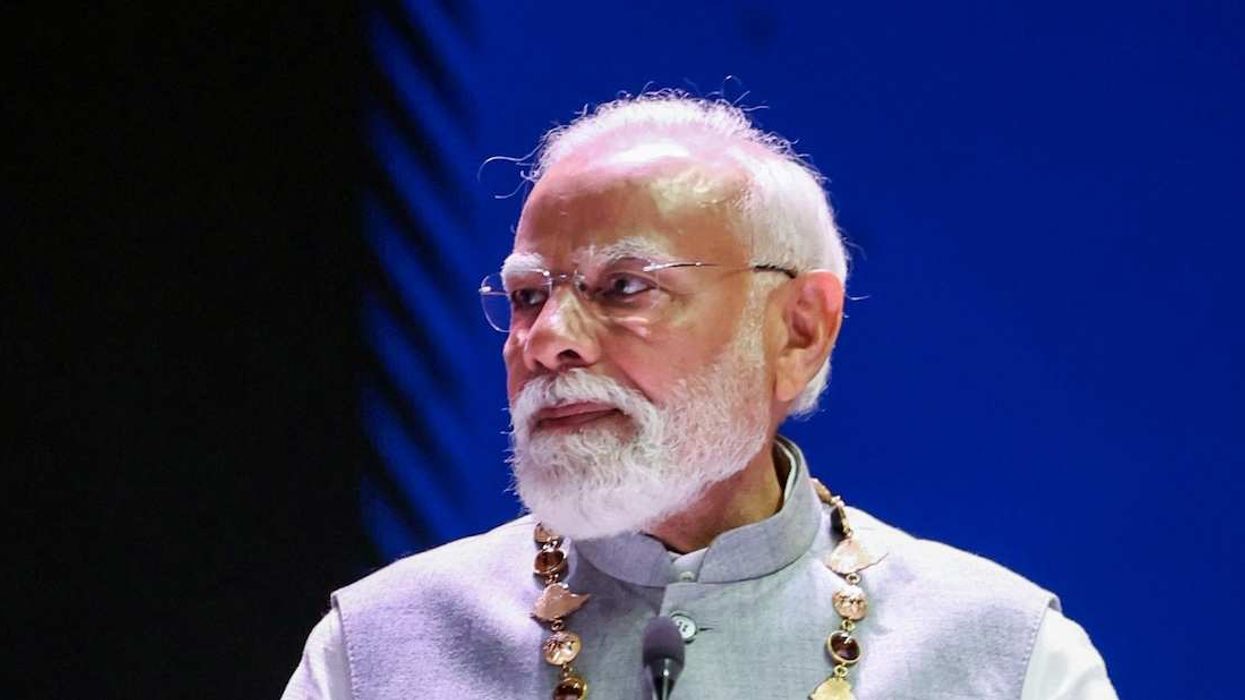Despite the media attention showered on presidential debates, conventional wisdom has long said they have little influence on election outcomes. That was until June, when Joe Biden’s poor performance led to a mutiny in the Democratic Party. While tonight’s debate won’t turn the race on its head for a second time, it will likely be the only time Donald Trump and Kamala Harris will face each other before the vote, and it has the potential to be majorly consequential. Here’s why:
The candidates are neck and neck in the polls. A New York Times/Siena poll released Sunday found that Trump leads Harris by just one percentage point, 48% to 47% nationally. This is well within the three-percent margin of error and largely unchanged from when Harris entered the race a month ago. The poll shows that despite headlines about Harris’ momentum and Trump’s struggle to adjust to his new opponent, his campaign remains on a strong footing, and the election will inevitably be close.
“While the absolute size of any polling movement after the debate is likely to be small,” because “there are simply not many gettable voters, that movement could still be enormously consequential in an election as close as this one,” says Eurasia Group’s US analyst Noah Daponte-Smith.
For perspective on how close the race is, across the national polls, Harris’ or Trump’s largest lead so far has been under four points. In the 2020 cycle, Biden had a 10-point-plus lead, and he only won by four points in the popular vote.
“The basic fact of this campaign … is that the country is incredibly evenly divided — not just in the presidential election, but also in the Senate and the House, where control of both chambers is likely to be decided by the narrowest of margins,” says Daponte-Smith. “To a quite remarkable extent, the two parties have hyper-efficiently divided the American electorate.”
Voters want more policy. The candidates have agreed to muted mics when they aren’t speaking, which could be good news for the many voters who say they want less political sparring and more policy.
According to Daponte-Smith, “there are four major issues in the election – the economy, democracy, immigration, and abortion. Trump is stronger on the economy and immigration, while Harris is stronger on democracy and abortion.” While the economy is indisputably the most important issue, the other three issues are all competing for the second spot, with border security, healthcare, energy, and climate change also high on the list.
Trump recently announced that he would have the government or insurance companies pay for IVF treatments if elected in a push to make inroads on reproductive issues. Meanwhile, Harris will try to gain ground on the economy and border security, two issues where her connection to the current presidential administration is a liability.
How will they perform? Harris has been criticized for avoiding interviews since becoming the nominee, and many voters are still forming their impression of her. But after honing her skills in the courtroom, Harris is a strong debater. She is known for being tough on opponents and delivering iconic punchlines, like when she held Biden accountable for working with senators who supported segregation or declared “I’m speaking” when Mike Pence interrupted her. Her campaign resisted muting the mics, saying the policy “fundamentally disadvantaged” Harris because it would “serve to shield Donald Trump from direct exchanges with the vice president.”
Muted or not, Trump is a formidable opponent who is difficult to prepare for. A YouGov poll released today shows that Americans see Trump as a more persuasive debater, and he is likely to use that power to convince viewers that the nation was better off under his leadership than under Biden and Harris.
Harris will be challenged with introducing herself and her policies, distancing herself from the Biden administration, and crafting a campaign narrative, all while attacking her opponent, who unpredictably veers between policy critiques, personal attacks, falsehoods – and even conspiracy theories.
Tune in tonight at 9 p.m. ET for the presidential debate hosted by ABC News. Check out our scoring rubric here. Not feeling like keeping score? We also have bingo cards for your debate watch party here.



















